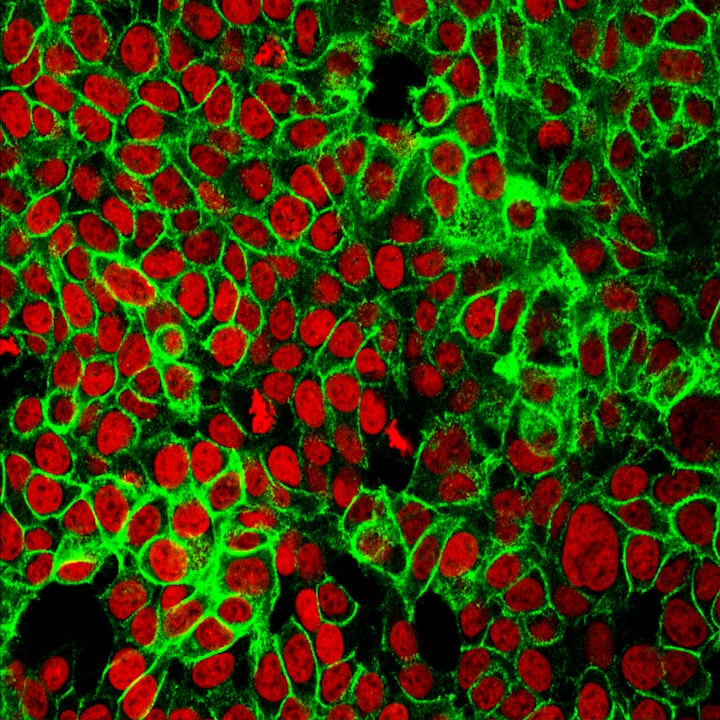Do Genetics Determine Learning Aptitude?
Understanding genetics' role in learning and how environmental factors influence learning aptitude.

Many parents and educators often wonder about the varying learning rates among individuals, raising the question: Do different people learn skills at different rates? The answer is found at the intersection of genetics and environment, which play pivotal roles in shaping learning trajectories.
Nature: The Role of Genetics
Research in psychology and education has sparked debates regarding the influence of genetics on learning abilities.
While the complex interaction between genes and learning is evident, genetics undeniably contributes to an individual's learning rate.
Genetic Predispositions
Studies have shown that genetic predispositions can impact cognitive abilities, including language acquisition, memory retention, and information processing.
Individuals may inherit varying propensities for learning specific skills, contributing to differences in learning rates.
Neurological Factors
Furthermore, neurological variances driven by genetic differences can influence an individual's aptitude for learning.
Varied brain structures and functions can affect how quickly or thoroughly a person acquires new skills, underscoring the genetic component of learning dynamics.
Nurture: Environmental Influence
Apart from genetic predispositions, the environment in which individuals are raised and educated profoundly shapes their learning trajectories.
Environmental factors, such as socio-economic status, access to quality education, and familial support, significantly influence an individual's learning rate.
Societal and Cultural Factors
Societal and cultural factors can also impact the opportunities and resources available for learning.
Disparities in access to educational resources and cultural attitudes towards education can contribute to divergent learning rates.
Impact of Early Experiences
Early childhood experiences and the quality of foundational learning can have enduring effects on an individual's subsequent learning capacity.
A strong educational foundation and enriched early experiences can potentially accelerate learning rates, while deficits in early learning may impede skill acquisition.
Thought-Provoking Considerations
The dynamics of learning skills encompass a complex interplay between genetic predispositions and environmental influences.
Genetics undeniably contributes to inherent differences in learning aptitudes, yet the nurturing environment and early experiences also play pivotal roles in shaping learning rates.
Understanding this intricate interplay is crucial for educators and parents to tailor interventions and support systems that accommodate diverse learning paces.






